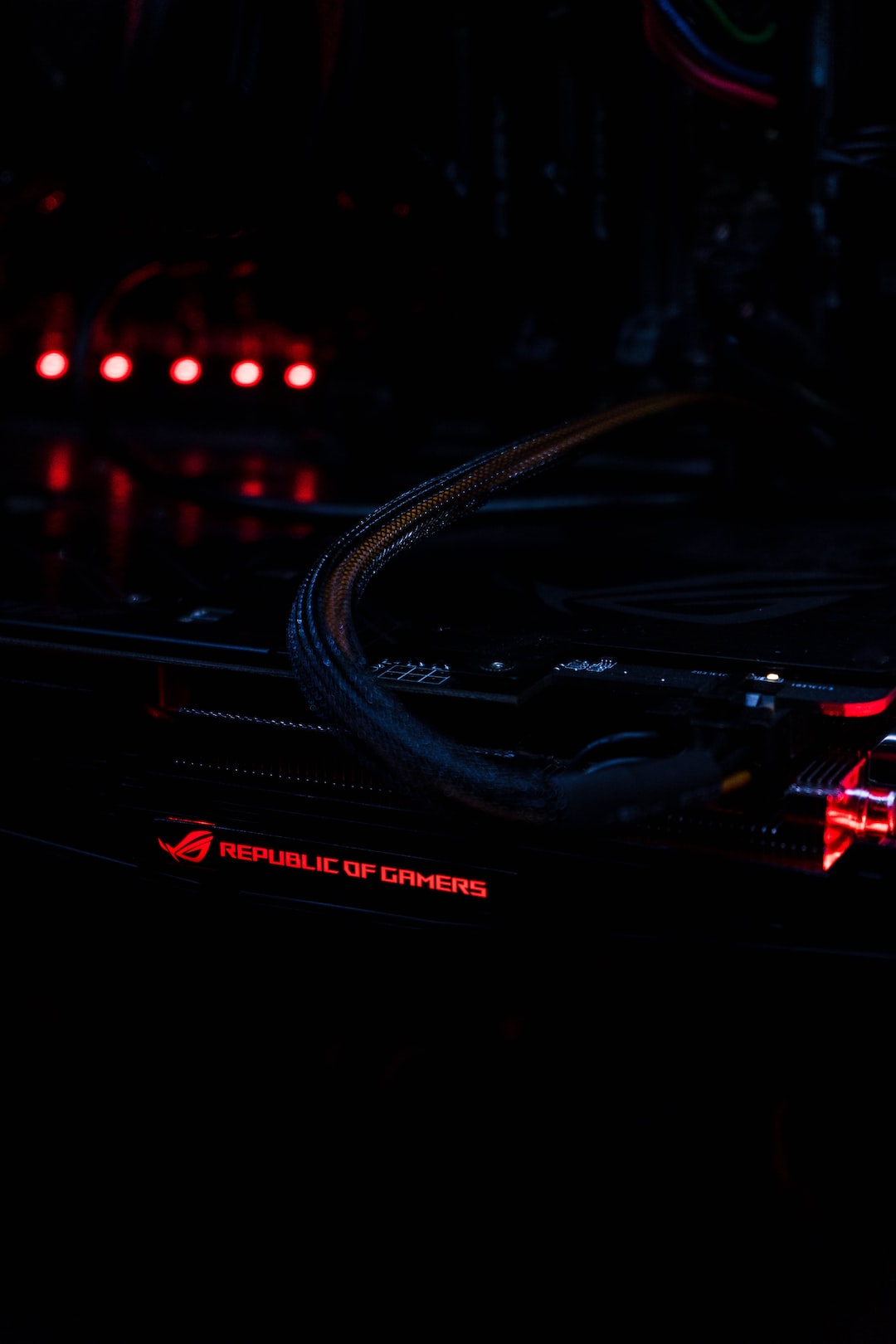How Gaming Can Improve Problem-Solving Skills
In recent years, there has been a growing debate about the impact of video games on individuals, particularly on young people. While there are concerns about the amount of time spent playing games, research has shown that gaming can actually have a positive effect on one’s problem-solving skills. This blog post will explore how gaming can improve problem-solving skills and why it can be a beneficial form of entertainment.
One of the main reasons gaming is thought to enhance problem-solving skills is because it requires players to think critically and make decisions in a fast-paced environment. In many games, players are presented with complex scenarios and are required to come up with strategies to overcome challenges. This constant problem-solving exercise helps to develop their ability to think analytically and make quick decisions, both of which are essential skills in everyday life.
Additionally, games often present players with puzzles and riddles that require creative thinking to solve. These puzzles range from simple math problems to complex logic puzzles that require players to think outside the box. By engaging in these activities, players are able to exercise their cognitive abilities, such as logical reasoning and deductive thinking. These skills are transferrable to real-life situations, where individuals often need to find innovative solutions to complex problems.
Furthermore, multiplayer games provide an opportunity for players to develop their problem-solving skills in a social setting. Team-based games, such as first-person shooters and strategy games, require cooperation and communication between players to achieve a common goal. This encourages players to work together, strategize, and solve problems collectively. This collaborative problem-solving not only enhances their ability to work as a team but also improves their communication and interpersonal skills.
Moreover, gaming can also improve problem-solving skills through its immersive nature. Many games have intricate storylines and interactive environments that engage players in a way that traditional teaching methods may not accomplish. By being actively involved in the game’s world, players are more likely to retain information and develop problem-solving strategies. This active learning experience can be particularly beneficial for individuals who may not respond well to traditional educational methods.
It is important to note that not all games are created equal in terms of their problem-solving benefits. While some games focus on puzzles and strategy, others may prioritize action and reflexes. Therefore, it is essential for individuals to choose games that challenge their problem-solving abilities and align with their interests. Additionally, it is crucial to maintain a balanced approach, as spending excessive amounts of time gaming can have detrimental effects on other aspects of one’s life.
In conclusion, gaming can be a valuable tool for improving problem-solving skills. By engaging in games that require critical thinking, creativity, and collaboration, individuals can develop the ability to analyze complex situations and find innovative solutions. However, it is important to approach gaming in a balanced manner and choose games that are educational and align with one’s interests. So, the next time someone questions the value of gaming, you can confidently explain how it can enhance problem-solving skills and contribute to personal growth.
